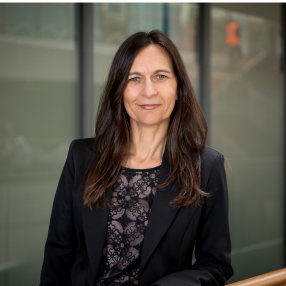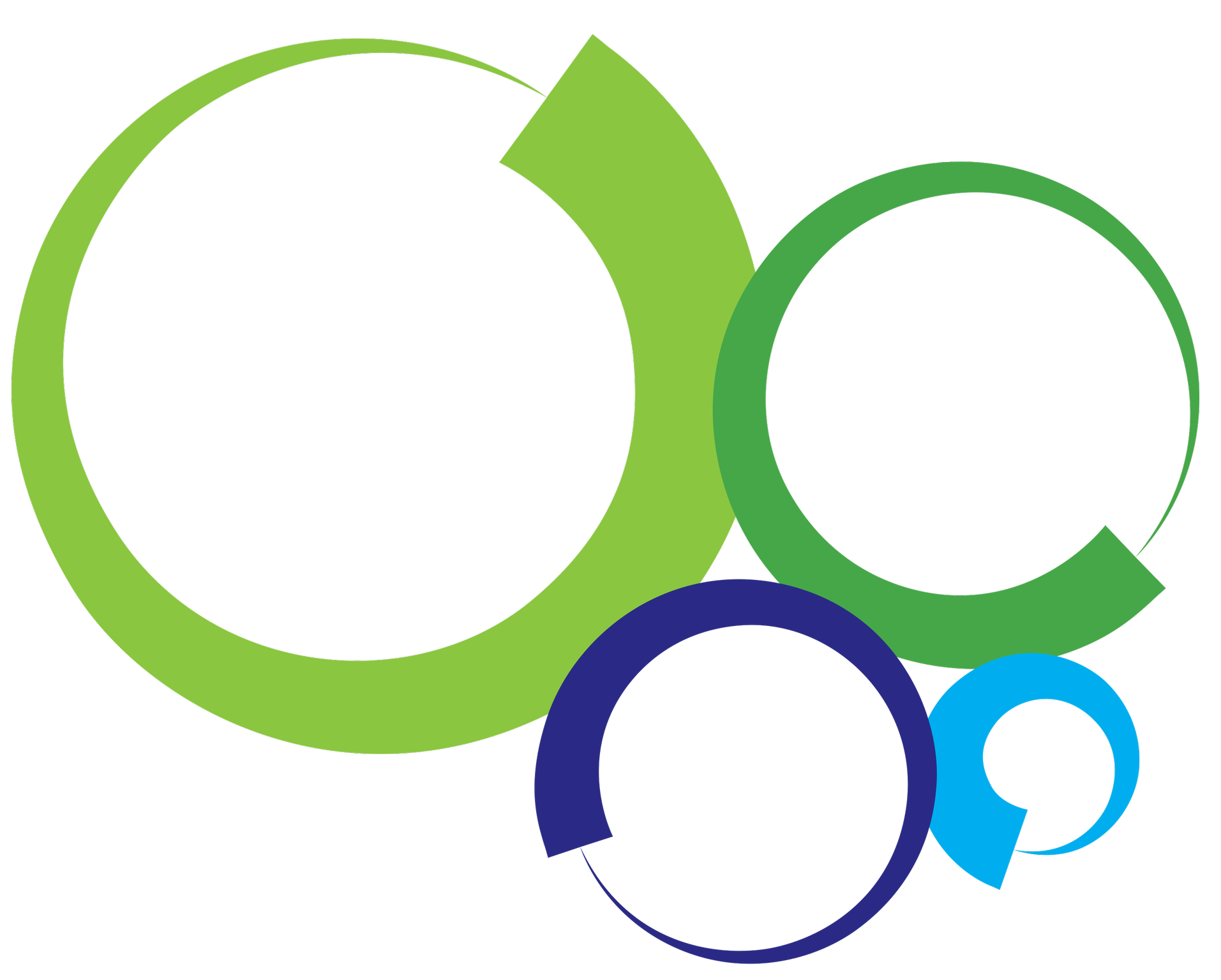This Sunday, 31 August, is International Overdose Awareness Day. This campaign began in Australia in 2001 as a small gathering of people affected by overdose and is now the largest annual event of its kind.
Sadly, our region experiences a higher rate of deaths by overdose than the national average. This highlights the importance of the work we already do in this space, but also of continuing to raise awareness to ensure people know about the free, local services available to them.
Through funding from the Federal Government, we’ve established several community-based alcohol and other drug support services across our region. These include Dianella Cottage in Katoomba and Lithgow, The Street University in Katoomba and Penrith, and WHOS in Hawkesbury and Penrith.
I’m proud to have helped bring these services to our communities. Essential to what we do as a Primary Health Network, and as a regional health planning and funding body, is knowing our communities, understanding local health needs and identifying what services we can bring to the region to address those needs.
A large part of overdose prevention is breaking down stigma and encouraging people to seek support early. When it comes to supporting people with alcohol and other drug concerns, we recognise that one size doesn’t always fit all.
While residential rehab is suitable for some, it’s not always practical for others, especially for those who work or have families. People need to be able to seek support and get well within their own community. That’s why access to free local services that offer drop in, or day programs is so important.
Dianella Cottage in Katoomba offers a wide range of free services for adults, including counselling, group work, aftercare and more. These services are also available in the Hawkesbury and Penrith areas but are delivered by WHOS.
The Street University in Katoomba and Penrith is a vibrant space for young people aged 12-25 that blends art, music, and culture with early intervention support. It also offers outreach support to Lithgow and tailored programs for young Aboriginal and Torres Strait Islander peoples.
We are proud of the difference these services have made in the community so far, but we know there is still more work to be done. While we’ve seen increased investment in mental health support, the same investments haven’t been made in alcohol and other drug services, despite mental health and alcohol and other drug issues often presenting side-by-side. We will continue to advocate for sustained, predictable funding to ensure our communities have access to free support when they need it most.
To learn more, visit our website.
For immediate support, call the National Alcohol & Other Drug Hotline on 1800 250 015. NSW Health also providse Web Chat, which is a 24/7 free, anonymous and confidential online chat servic.






Post a Comment
Comments will be submitted to the moderator for approval. Please note, your name will be published with your comments.